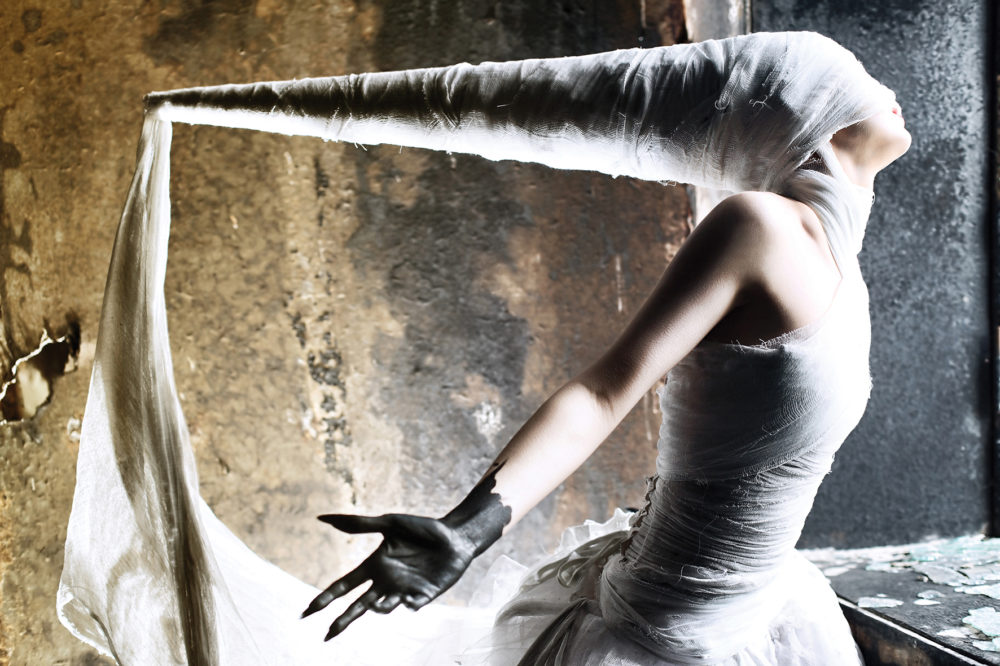A new opera by Siobhán Cleary with a libretto by Katy Hayes is based on theon the radio play of the same name by Angela Carter and also uses material from her related short story The Lady of the House of Love from the Bloody Chamber.
Presented by the Royal Irish Academy of Music in collaboration with The Lir National Academy of Dramatic Art at Trinity College Dublin in Dublin’s Smock Alley Theatre from 23-25 March 2017 (preview 21 March). The following is a short interview with the composer about the opera. (from the Contemporary Music Centre)

Vampirella is based on a short story by Angela Carter about an English soldier and a vampire countess. What drew you to this story and basing the opera on the vampire myth?
Vampirella is based primarily on the radio play of the same name by Angela Carter and also uses material from her related short story The Lady of the House of Love from the Bloody Chamber. What attracted me initially was the musicality of the narrative, the rhythm and cadences of Carter’s rich lush language. I was also attracted by the integration of romance and gothic horror. It is a fairytale romance based on Sleeping Beauty which assimilates the myth of Dracula’s daughter who is trapped in a lonely castle in the Carpathian mountains. I like my opera to be escapist, even fantastical, so this had all the elements I was looking for and more besides.
The opera also takes place against the backdrop of the First World War. How important is it in the overall plot of the opera?
The First World War is the real life horror that Hero ultimately succumbs to after managing to escape mostly intact from being the prey of the beautiful vampire queen. The bloodlust and the destructive compulsions of the count and countess and the ghostly chorus are an allegory for the savage carnage of young men that was WWI. Not sure how much of a plot spoiler this is!
The story was adapted for libretto by Katy Hayes. Did you collaborate closely together on this?
Yes this was a very close collaboration. And all the more worthwhile and fulfilling for it! We spent hours pouring over aspects of the text, exchanging ideas and Katy really did an excellent job with providing what I needed. When the libretto was done it felt my work has half way complete. I enjoyed working so closely with someone who had already a deep knowledge of this play (she previously adapted Vampirella and the Company of Wolves for a production in 1995 with a score by Raymond Deane) .
How would you characterise your approach to composing the music for the opera and setting the text?
I read and reread the play and story and once I got the libretto I almost learned it off by heart so that I could really get a deep understanding of the language and the rhythms of the text. I spent months doing that and forming some sort of structure for the opera. Then really it just poured out of me. The only times I got stuck is when I had got too tired to write anything more down. But it really did flow out of me which I hope is a good sign. It’s certainly a good sign of the material I had to work with. Otherwise I’m as mystified as anyone about the process of composition!

